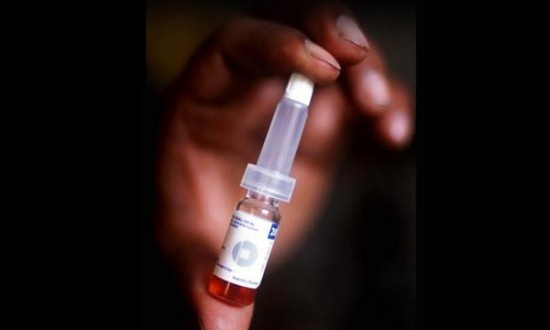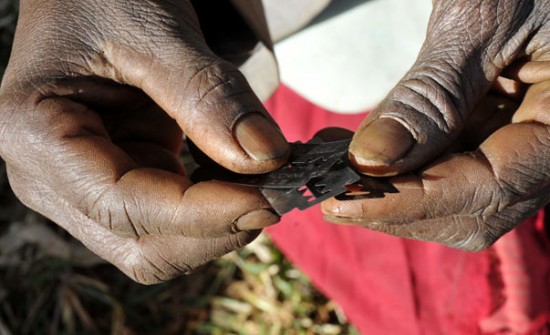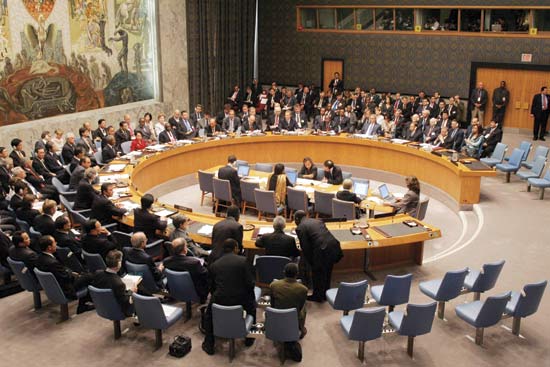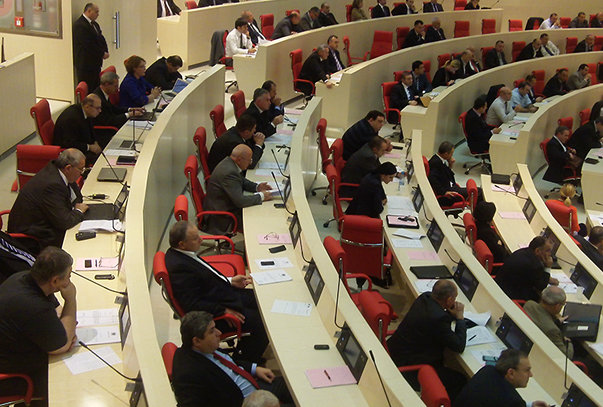The IHR Emergency Committee of the World Health Organization met last week on the “extraordinary” international spread of wild polioviruses in 2014, and voted unanimously on measures to stem the resurgence of endemic and internationally exported polioviruses, which were thought to have been nearly eradicated in 2013.
In the informational session of the meeting, affected States Parties presented information on developments in their nations, including Afghanistan, Cameroon, Equatorial Guinea, Ethiopia, Israel, Nigeria, Pakistan, Somalia and the Syrian Arab Republic, after which the Committee called the public health risk to thus-far unaffected States an “extraordinary event” and warned that a coordinated international response was essential.
Wild poliovirus was nearly stopped through the transmission season between January to April, 2012, but eradication of the disease may fail if the current situation continues. During 2013, most wild poliovirus cases were spread internationally, and in 2014–during the low transmission season–the virus has already spread from three of the 10 infected States–from Pakistan to Afghanistan, Syria to Iraq, and Cameroon to Equatorial Guinea. These three States pose the highest risk of further exportations as well.
Polio is one of the world’s most serious vaccine-preventable diseases. Prevention measures focus largely on oral vaccination and routine immunization. The Committee called for the three highest-risk States to vaccinate all residents and visitors prior to international travel. The Committee encouraged the eight non-exporting States to take similar measures.
The high transmission season for wild poliovirus–between May and June–has already started, and unilateral measures called for at by Committee face the challenge posed by compromised immunization services and high re-infection risks in polio-free but conflict-torn States.
The Committee was requested to reassess the situation in three months.
By Cheryl Bretton
Source:



